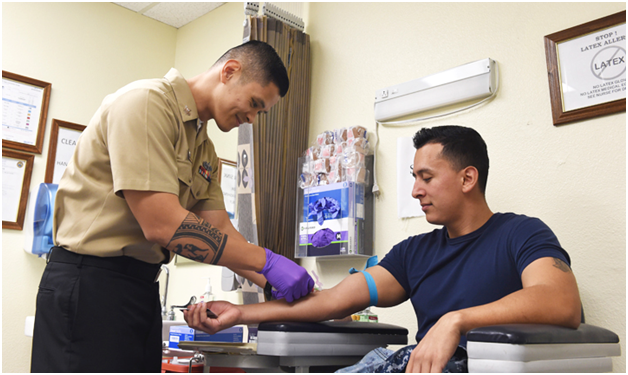While it is perfectly natural to feel uncertain about visiting a sexual health clinic, it is important to remember that it is a confidential and straightforward process that will allow you to take control of your sexual health.

Sexual health clinics are often referred to as GUM clinics, which is an acronym for Genitro-Urinary Medicine. They are run by the NHS and provide advice, testing and treatment for all sexual health-related questions or issues.
When Do I Need to Visit a GUM Clinic?
You can visit a GUM clinic irrespective of whether you believe you have a medical issue. As well as treatment for sexually transmitted infections (STIs), you can also access contraceptive and general sexual health advice.
The most important reasons to visit your local GUM clinic are if you notice changes in your genital area, have engaged in unprotected sex with a new partner, or if you believe you might be pregnant.
Walk in and Wait
As most GUM clinics operate on a walk-in basis, you might be required to wait to be seen. If you’re feeling nervous, consider taking a friend along with you to help take your mind off things.
If you would prefer to test yourself for STIs at home before seeking advice at a clinic, information on how to do this can be found at https://www.checkurself.org.uk/plus/.

Answer All Questions Honestly
You will be asked a few candid questions about your sexual history, and it is important that you answer as honestly and as accurately as possible. You will likely be asked when you last had sex, whether it was unprotected and if you have experienced any symptoms.
You might find it helpful to make a note of any important details and dates in advance of your appointment.
Your Examination
If you are visiting the clinic for an STI-related issue, you will likely be given an examination by a nurse or doctor and might be required to take an STI test. An STI test in Bexley might include: providing a urine sample, having swabs taken, and/or providing a blood sample.
Your healthcare professional will talk you through every step, but don’t be afraid to ask questions. Remember that you are in the best possible place to access the information, reassurance and immediate specialised treatment you might need.


Leave a Reply